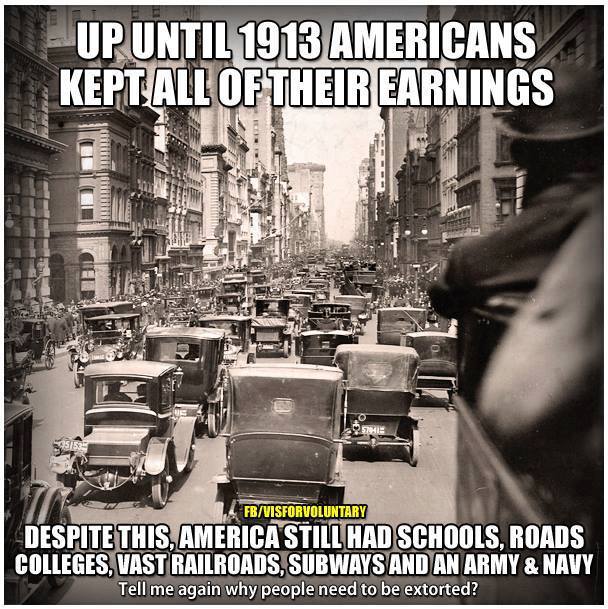I’ve seen a number of people recently post an article published on Vox, written by an anonymous college professor*, about the threats to his career and his “academic freedom” (whatever that term means anymore) posed by today’s college students and their “identity politics” (whatever that term means anymore).
I spent quite a bit of time deconstructing the article, at least in my mind. It’s worth noting that the anonymous professor only mentions one specific incident, in which a presumably conservative student reported him to the administration for having communist sympathies or something. That incident went nowhere.
I eventually came to the conclusion that the anonymous professor has a serious problem with regard to the tenuousness of his career, but that his beef is with his university, not his students. Why are professors’ jobs so shaky, and why are universities allegedly so quick to punish professors for offending people mostly age 18 to 22 (who are supposed to be there to learn from said professors)?
One could point to the increasing corporatization of academia, or the increasing tendency to treat students as consumers. Luckily, Amanda Taub, a fellow former-lawyer-turned-writer who deserves better than to be compared to me any more than that, addressed these issues quite thoroughly in a post at Vox. She notes that not only is there a serious problem in academic employment, but that many people are all too willing to dump the problem off on a bunch of teenagers, who make an easy target, quite frankly: Continue reading →





